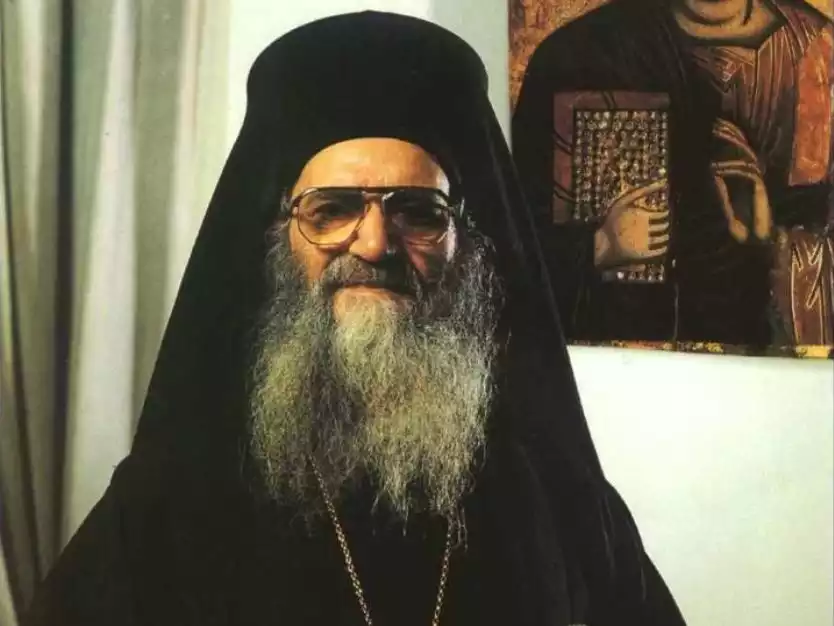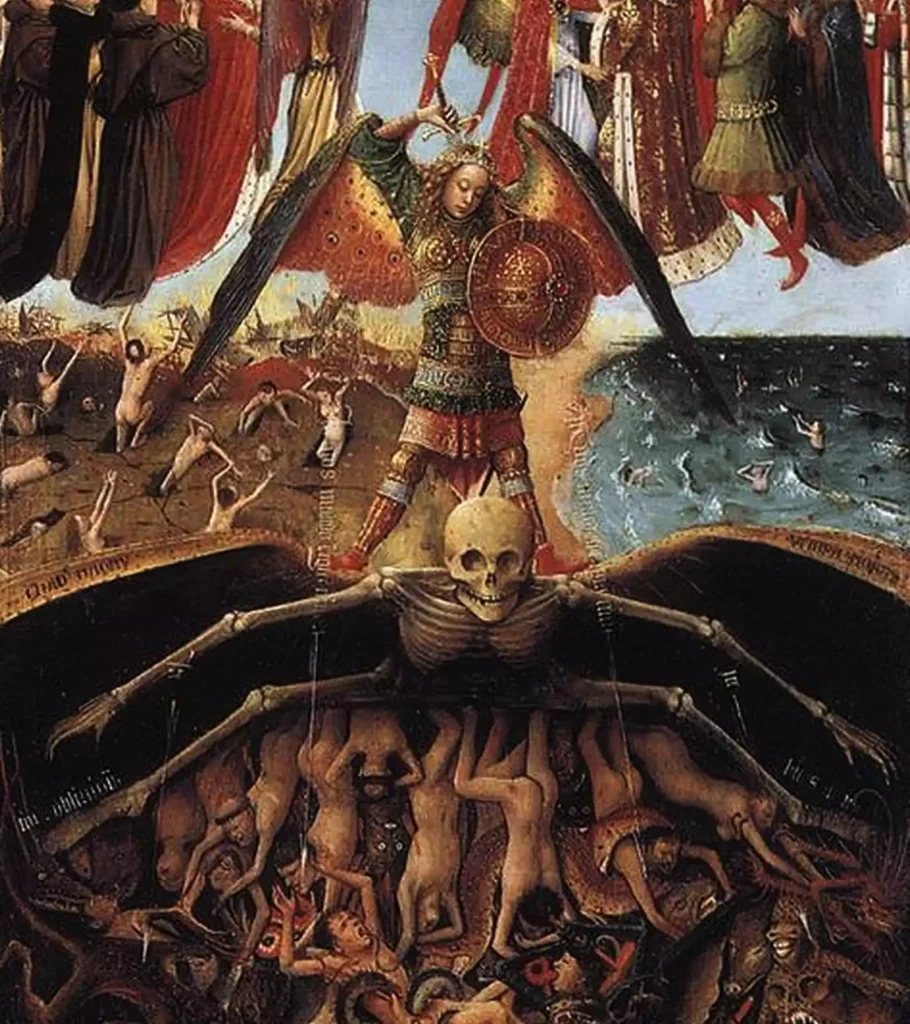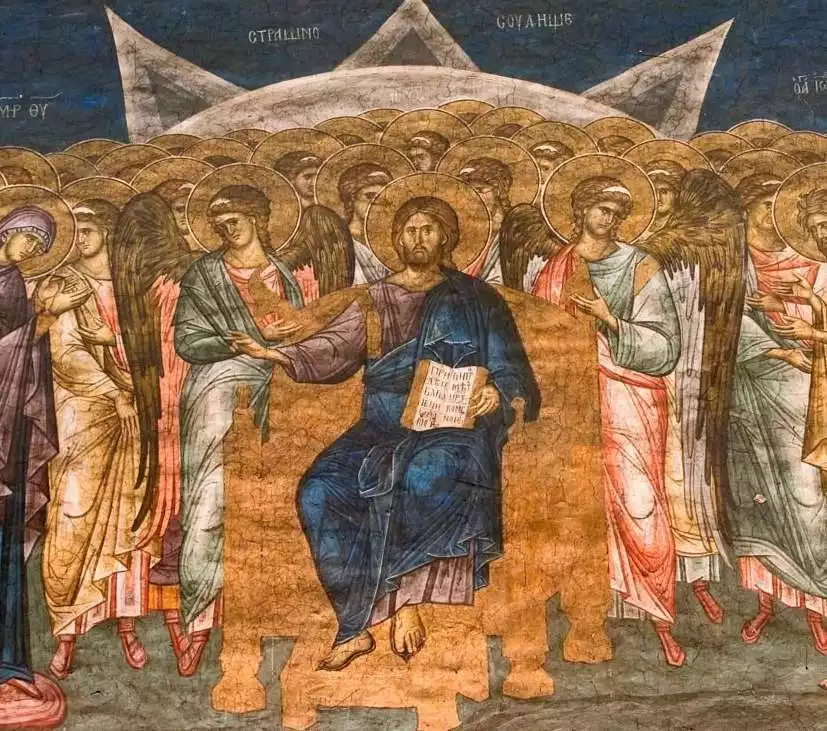Darkness | σκότος (Greek) | Ηoshekh (Hebrew) | Noun
Etymology and Semantic Analysis The English term “darkness” originates from the Old English word “deorc,” denoting the absence of light. In Biblical contexts, it is primarily translated from two words: the Greek “σκότος” and the Hebrew “חושך” (Hoshekh). The Greek “σκότος” appears in the New Testament in various contexts, often metaphorically to represent spiritual ignorance […]
Daniel | Prophet | דָּנִיֵּאל (Hebrew), Δανιήλ (Greek)
Etymology and Semantic Analysis The name ‘Daniel’ is derived from the Hebrew דָּנִיֵּאל (Daniyyel), which means “God is my judge”. This name appears prominently in the Book of Daniel in the Hebrew Bible and is carried over into the Greek Septuagint as Δανιήλ. In Hebrew, the name comprises two elements: “Dan”, meaning to judge or […]
Dan | שֵׁ֖בֶט דָּ֑ן (Hebrew) | Tribe Name
Etymology and Semantic Analysis The name “Dan” originates from the Hebrew word “שֵׁ֖בֶט דָּ֑ן” (shevet Dan), literally translating to “tribe of Dan.” This term uniquely identifies one of the twelve tribes of Israel, named after Dan, the fifth son of Jacob and the first of Bilhah, Rachel’s maidservant. The word “Dan” itself means “judge” or […]
Damascus | דַּמֶּשֶׂק Dammeseq (Hebrew) | Name
Etymology and Semantic Analysis The word ‘Damascus’ derives from the Hebrew ‘דַּמֶּשֶׂק’ (Dammeseq) and the Greek ‘Δαμασκός’ (Damaskos). It is primarily found in the Old Testament but is also mentioned in the New Testament. In Hebrew, Dammeseq is believed to mean “a well-watered land,” reflecting the city’s historical significance as a fertile oasis. In the […]
Dimitrios, Ecumenical Patriarch: A Legacy of Humility and Unity

Ecumenical Patriarch Dimitrios Papadopoulos, born on September 8, 1914, in the Bosphorus suburb of Therapia, and passing into eternity on October 2, 1991, remains a beacon of humility and unity in the annals of Orthodox Christianity. His journey from the classrooms of Galata’s Gallo-Hellenic High School to the venerable Theological School of Chalkis laid the foundation for a life dedicated to spiritual service. Ordained as a deacon on Palm Sunday, 1937, Dimitrios’ path was characterized not by a quest for prominence, but by a steadfast dedication to his faith. His unexpected ascent to the Patriarchal Throne of Constantinople on July 18, 1972, marked the beginning of an era defined by his quiet strength and unyielding commitment to ecclesiastical unity. This narrative explores the life of a man who, amidst the complexities of his time, steadfastly pursued the unity of the Church and the promotion of theological dialogue with other denominations, leaving an enduring legacy that continues to resonate and inspire.
Deuteronomy Translation

Deuteronomy 1:1 Here are the words Moses spoke to all Israel beyond Jordan in the wilderness, on the plain opposite the Red Sea, between Paran, Tophel, Laban, Hazeroth, and Dizahab. 1:2 (It takes eleven days to go from Horeb to Kadeshbarnea by the Mount Seir route.) 1:3 In the fortieth year, on the first day […]
Doxology: The Articulation of Divine Praise in Liturgical Practice

Origins and Historical Context Doxology, a term deeply embedded in Christian liturgical traditions, stands as a testament to the enduring nature of praise and worship. This liturgical formula, dedicated to exalting God, has traversed centuries, evolving yet retaining its core purpose: the glorification of the divine. The origins of doxology trace back to early Christian […]
